
Proper nutrition, calorie counting, sports, pilates, giving up bad habits. It seems that this is a utopia, because now everyone follows the rule: “A healthy lifestyle is the key to success.” We have reached a point where even the thought of eating chips and missing class becomes a real tragedy. And therein lies the whole problem, it seems.
Together with Margarita Forrer, endocrinologist and physiotherapist at Rodina Health and Longevity Club, Rehab Family psychologist Tatyana Starichkova and Diana Vasilyeva, head of the methodology department of The Flex fitness studio network, we will unravel how a healthy lifestyle becomes toxic.

Healthy lifestyle is a new trend

Over the past few years, the alcohol and tobacco market has drastically reduced its sales. And nightclubs began to close due to lack of guests. But closers started going to morning coffee parties, drinking alternative milk, and conforming to the KBJU norm. At first glance, it seems like people are finally starting to value their health. However, this is a sociocultural phenomenon rooted in the needs and fears of modern humans. The popularity of a healthy lifestyle depends on several factors:
Desire for control. In a time of crisis, constant change and economic difficulties, we need at least some stability. And the body becomes a completely controllable object. Rituals that provide a sense of order, structure, and self-sufficiency help distract from anxiety and the stability of existence.
Economics and marketing. The wellness industry is constantly evolving with the emergence of new gadgets, rituals, and superfoods that you supposedly can’t live without. As well as special products that are free of sugar, salt and gluten. It is enough to calculate how much we overpay for alternative milk and everything will fall into place.
The cult of efficiency. In the modern world, a person becomes not an individual, but an entity that needs to be optimized. Healthy eating and exercise are no longer a sign of caring, but a way to improve yourself to achieve your goal.
Social media. Numerous ideal images with toned figures, balanced plates and success stories of how to achieve the life of your dreams promote a healthy lifestyle and confirm the theory that only the beautiful and well-groomed can achieve the best.
Situation. Nowadays, not everyone can afford expensive detox drinks, a balanced diet and daily exercise, so a healthy image has become a sign of status. Society began to value time and investment in oneself.
Harm from benefit

Healthy eating has gone far beyond the simple rules taught in school. Nowadays, people are so in search of the “ideal plate” that they avoid gatherings in cafes and restaurants, pass by dessert counters, skip visits and check the calorie content of everything from chewing gum to vitamins.
Trying to follow certain healthy eating rules can cause stress, guilt, and negative emotions. Strict diets limit the variety of nutrients in the diet, leading to mineral deficiencies or excess fat and carbohydrates in the body. So if:
– feel guilty after eating;
– you skip meals for fear of gaining weight;
– you feel tired and constantly thirsty;
– plan your day based on your meals;
– You are angry most of the time.

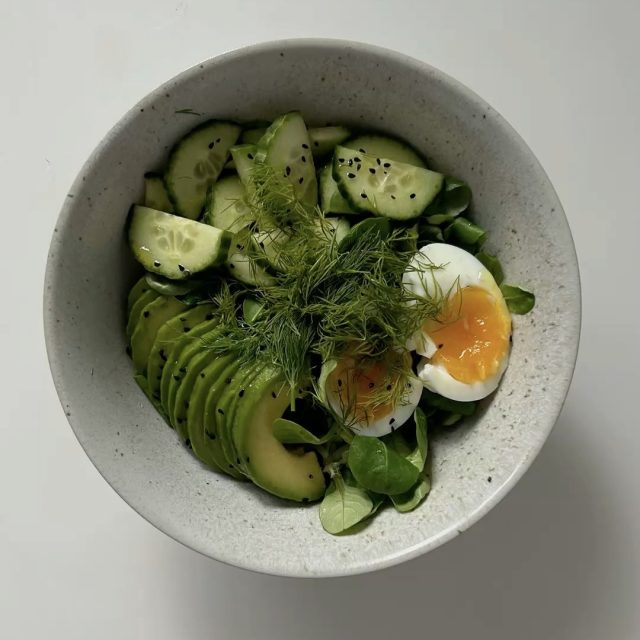
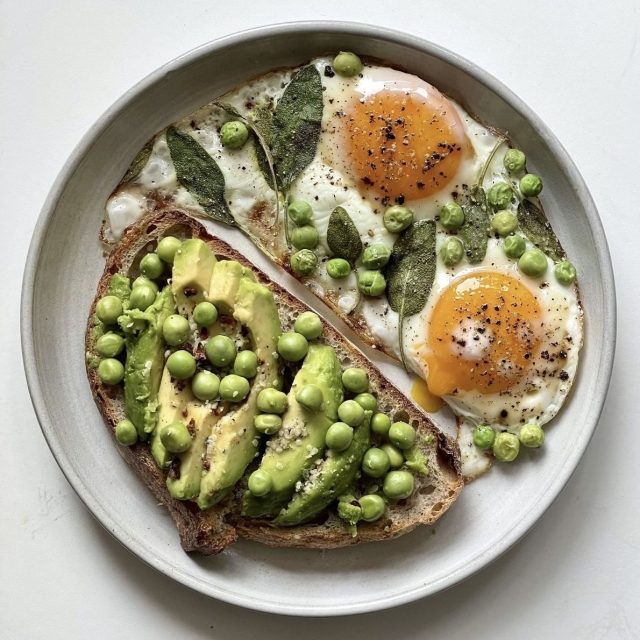
These signals may be a sign of an eating disorder. To assemble a balanced plate, follow the proportions:
– vegetables: about half a plate;
– proteins: a quarter of the plate (meat, fish, legumes);
– carbohydrates: the remaining quarter are complex carbohydrates (whole grains);
– fats: small amounts of healthy fats (olive oil, avocado).
KBZHU – friend or foe
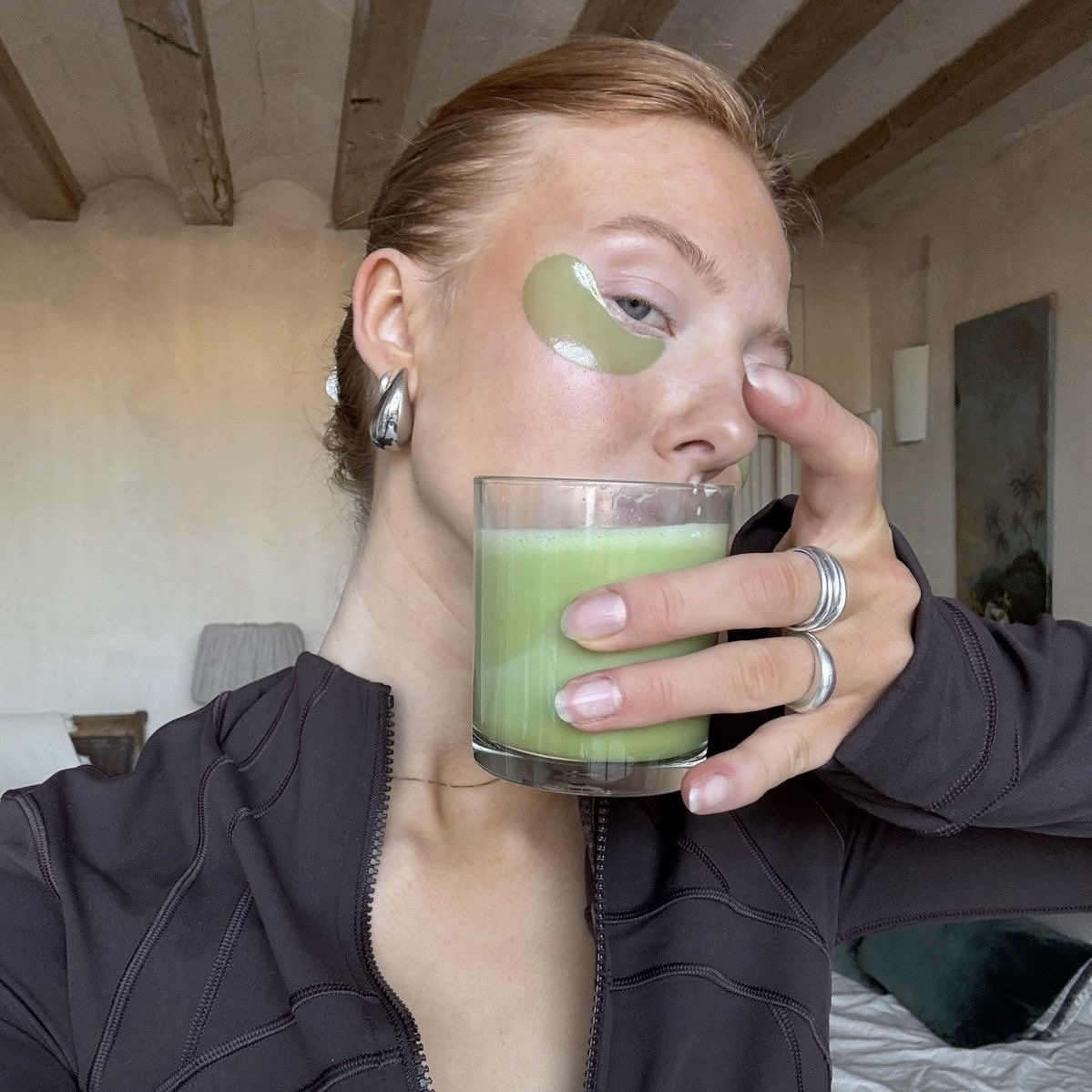
To calculate your daily calorie intake, it is important to determine your basal metabolic rate (BMR) and take into account your physical activity level. The general recommendation for most people is 1,800 to 2,500 calories per day, depending on gender, age and activity level.
However, it is important to remember that a rigid calculation of KBZHU can develop into orthorexia – a nervous disorder characterized by the desire for “healthy and correct”. It is expressed through psychological mechanisms:
Cognitive narrowing. A person’s attention is narrowed to a few numbers. He ceases to perceive food as a source of pleasure, energy and social communication. Food turns into a dry pile of macronutrients. The ability to listen to internal signals of hunger and satiety disappears because numbers become the only “correct” guide.
Ritualization and obligation. The process of weighing each piece and entering data into the application becomes a ritual, violation of which causes concern. A person who does not know exactly what the food contains may choose to fast.
Development of anxiety-obsessive symptoms. Thoughts about food and counting become obsessive. To reduce anxiety, a person performs compulsive actions: constantly checking, recalculating, examining labels.
black and white thinking. Foods are divided into “good” and “bad” foods. Accidentally exceeding the norm or eating the “wrong” product causes feelings of guilt and shame.
Social Isolation. A person refuses to visit guests, restaurants, cafes because he cannot control the exact composition and weight of dishes there. This leads to loneliness and further fixation on one’s “special” nutritional system.
“The calculation of KBZHU is an external regulator. A healthy relationship with food is based on intuitive eating, an internal regulator based on the ability to hear your body’s signals. Replacing the first with the second is a key mechanism in the formation of an eating disorder,” the psychologist added.
Harm of proper nutrition

Overcontrolling your diet can lead to physical harm as well as psychological problems:
Nutilitarian shortcomings. Following a strict and unbalanced diet (raw food diet, strict veganism without compensation, monodiet) can lead to a deficiency of important elements, anemia, nervous system problems, hair loss and hormonal imbalance.
Disruption of the gastrointestinal tract. Detoxes and elimination of entire food groups (such as a gluten-free diet without medical indication) can disrupt the gut microbiome, leading to constipation, diarrhea, and irritable bowel syndrome.
Hormonal disorders. A sharp decrease in the amount of fat in the body, a lack of calories and cholesterol (necessary for the synthesis of sex hormones) leads to menstrual irregularities, problems with the thyroid gland, decreased libido and infertility.
Harm of sports

It’s hard to argue the benefits of exercise, but if fitness turns into an addiction, it can even be harmful. The main risk is injuries caused by improper exercise technique, overtraining or working with excessive weight. Constant loads without sufficient recovery lead to:
– exhaustion of the nervous system;
– chronic fatigue;
– damages joints and ligaments.
“It is important to understand that progress occurs on rest days, when the muscles regenerate and grow. Therefore, you need to pay attention to proper sleep, nutrition and proper planning of the training process,” the expert said.
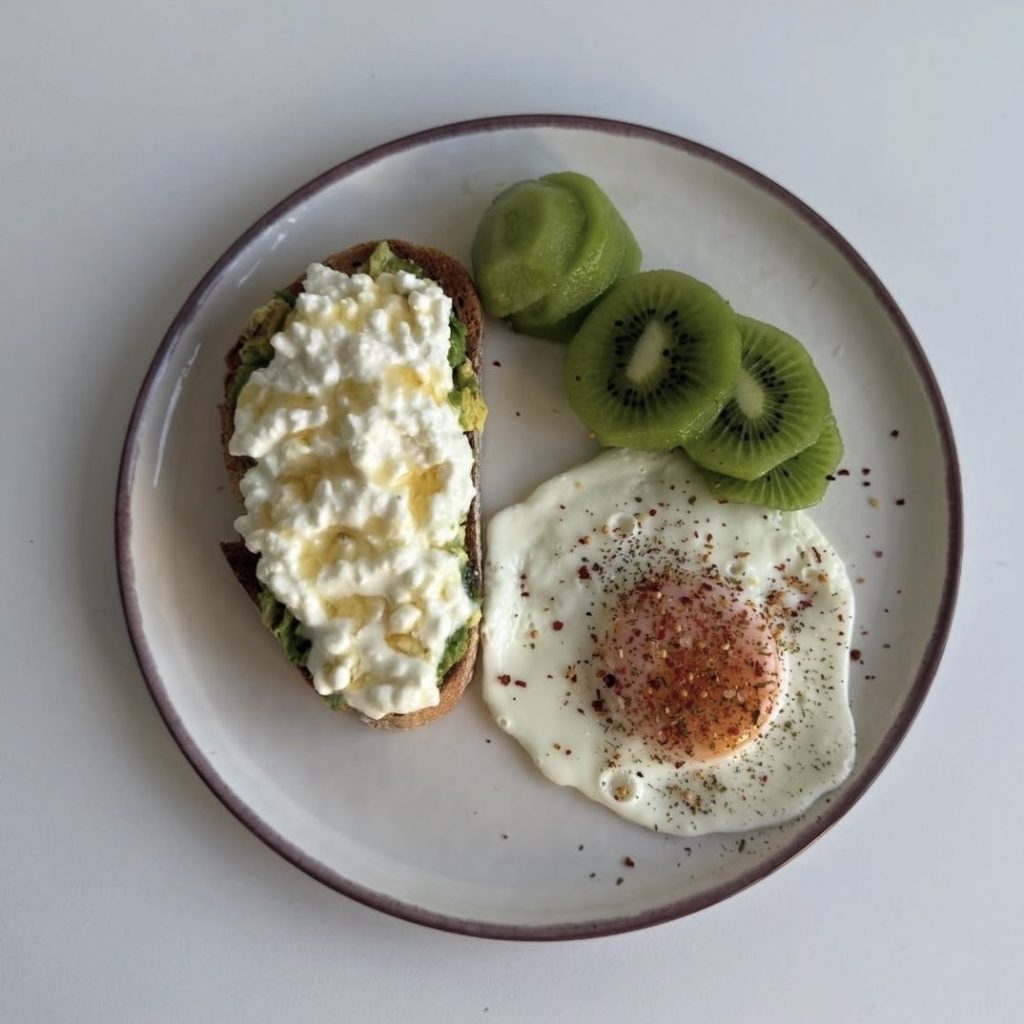
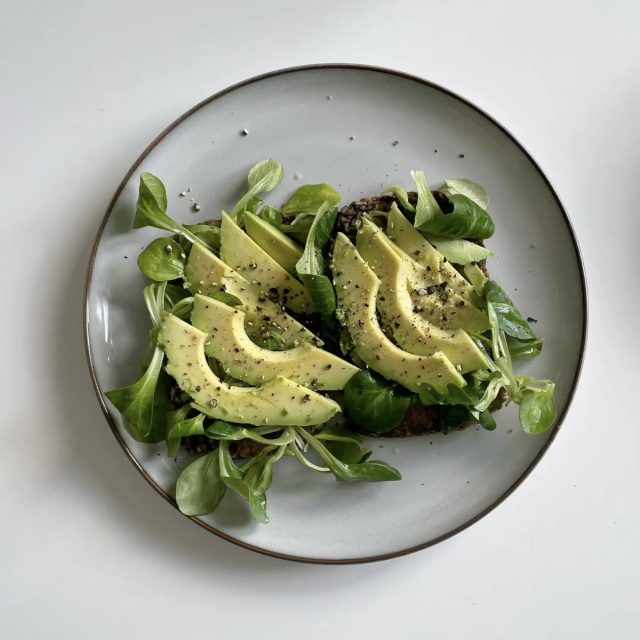
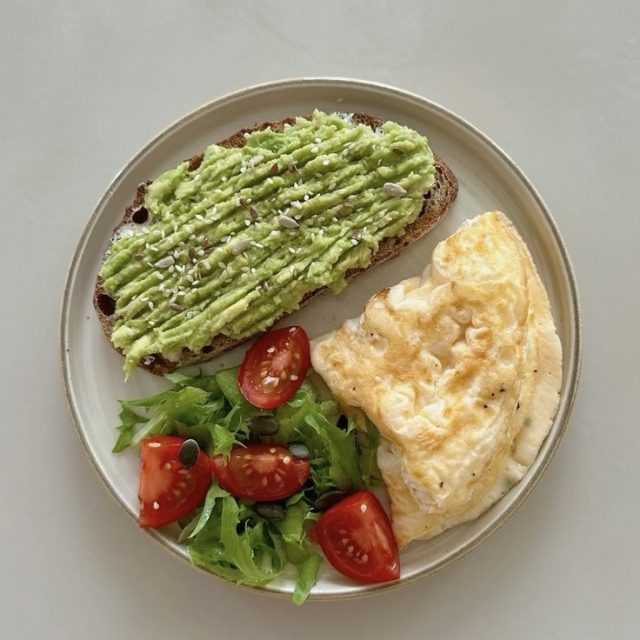
WITHbody signalswhich one worth paying attention to:
Constant fatigue that does not go away after rest;
– increased frequency of injuries, joint pain;
– decreasing results with increasing education;
– insomnia or sleep problems;
– common diseases;
– feeling guilty or anxious when you miss workouts;
– training with pain and fatigue.
Proper training

It is important to maintain regularity, gradualness and not forget about recovery. Diana Vasilyeva added that it is better to study for an hour 3-4 times a week, and not once, but for several hours. You also need:
– gradually increase complexity and load: weight, number of approaches;
– listen to your body and the signals it gives;
– give yourself time to heal;
– maintaining a drinking regime;
– Don’t forget to have a balanced diet.
Remember, healthy eating and exercise are no longer beneficial when self-care becomes obsession and control. Nutrition and movement are needs of the body that should not succumb to the desire for ideals, fears and anxieties. If you feel like food controls your life, reach out to experts to help you.
Source: People Talk
I’m Roger Gritton, and I’ve been writing for the The Fashion Vibes for over 5 years now. My specialty is beauty news; I’m passionate about covering the latest trends, products, and innovations in the industry. In my time there, I’ve become known as an authority on all things beauty-related.
I love discovering new experts to interview, researching up-and-coming ingredients and techniques that are making their way onto our beauty shelves and highlighting people who are making a difference in the world of cosmetics. My work has appeared not only on The Fashion Vibes, but also several other publications including the New York Times Magazine, Allure Magazine and Refinery29.





